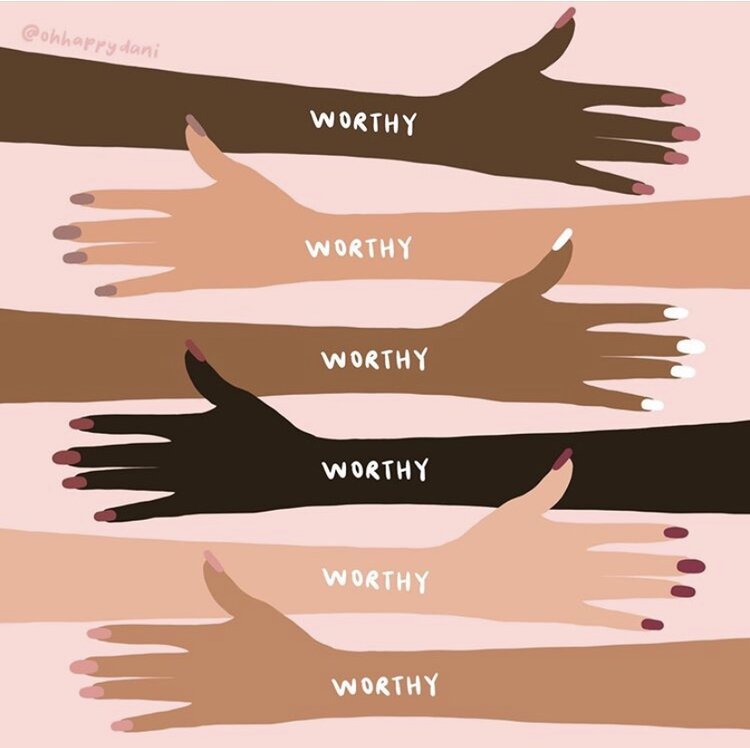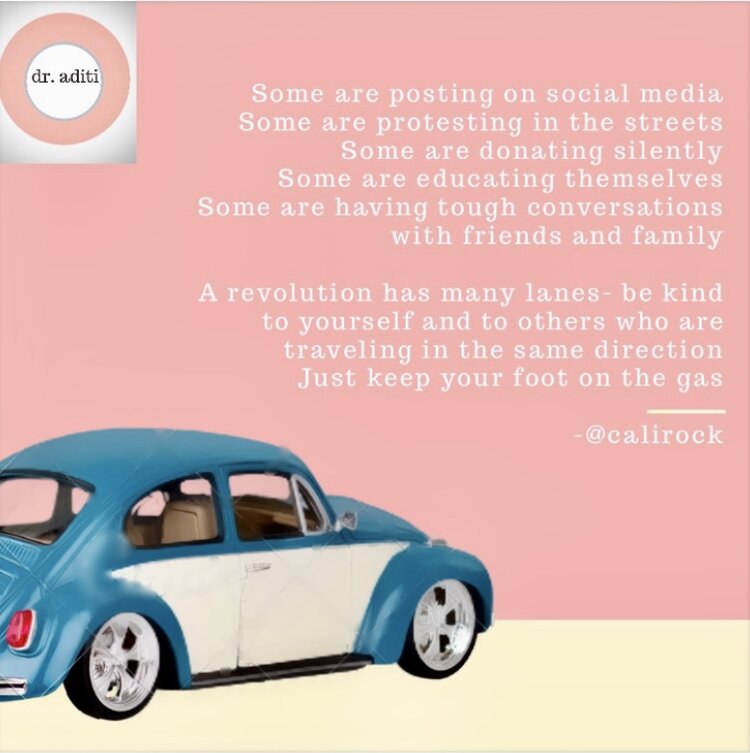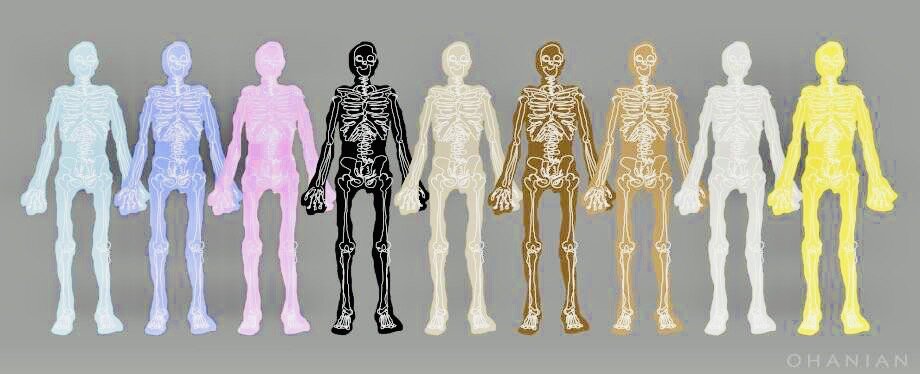This week has been an exceptionally tough one for us in America. At the heels of the unfortunate milestone of 100,000 Covid-related deaths, we witnessed a wave of national protests and riots. These dystopian images from the streets have weighed heavily on our hearts and while many of us have felt outraged, this is real life for so many Black Americans. As I’ve watched the events unfold, I’ve had more questions than answers.
Particularly, how can we make sense of this collective pain to keep moving forward towards greater unity and shared resilience?
CREATING A SAFE SPACE
Race and its complexities have touched us all in very different ways, and we each have a story to tell on how our racial identity has shaped our lives. To deepen my understanding of the current situation, I’ve had some eye-opening conversations with colleagues, mentors, family and friends of all races (excerpts below). These moments have been cathartic because irrespective of race, we’ve broached a topic we would’ve never had the courage nor foresight to do otherwise.
This moment, in all its rage and fury, has shown us that we’ve created a mutually safe space for each other. That’s made a world of difference in protecting our precious and collective resilience. I would encourage you to do the same with your near and dear. However difficult or awkward it may seem, aim to start the conversation, create a safe space for each other, and allow the healing to begin. Its a therapeutic first step towards mutual resilience-building.
We must be the change we wish to see in the world, Gandhi famously said, and that change starts by having these difficult conversations with the people we know and love.

COMPASSION & OUR SHARED HUMANITY
As a physician, I’ve had the great honor to bear witness to the inner workings of so many human beings from all walks of life. I can assure you, we’re all the same on the inside. We have the same beating heart, the same way we bleed when cut, and the same way we feel pain. We want the same things: to be seen, heard, understood and ultimately loved. We may each be experiencing the world very differently right now, but we’re living through this shared experience together, proverbial shoulder to shoulder.
Our current environment feels so fractured and divisive, but our shared humanity is still intact. Pema Chodren has wisely taught us that compassion becomes real when we recognize our shared humanity. There are so many ways, both big and small, that we can foster the resilience-building emotion of compassion in our daily lives at this very difficult moment to make a lasting impact not just on our generation, but the many generations which will follow.

POIGNANT MOMENTS FROM CONVERSATIONS THIS WEEK:
“It takes practice, much practice, to unlearn learned behavior. All groups, races, and nationalities of people have learned differences, especially when those differences are visible. But those who are willing can unlearn. They can start understanding that people are people. We all come with the same parts.”
– black female, age 62
“Its inhumane to be considered dangerous, a criminal, less intelligent, an animal, or property just due to the color of your skin. This is the history and current plight of blacks in America. Its unfortunate that we have to be taught from childhood how to act and react among whites to prove our worth or disprove biases. What’s frustrating is that no matter how hard you work or how much you achieve, some people will still consider you worthless, just because you’re black.”
– black female, age 32
“As a teacher, I recently learned that students’ walks to school can be so different. For some black male students, they could walk to school through a predominantly white neighborhood without one person acknowledging them on the street. So I make a conscious effort to greet all my students, but especially my black male students, each morning. It’s a small thing, but it might be the first smile they’ve seen that day.”
-white female, aged 42

WANT TO BE THE MOST RESILIENT PERSON YOU KNOW? Check out our free weekly newsletter here for all Dr. Aditi’s science-backed tips on building resilience!
The post originally appeared on draditi.com


